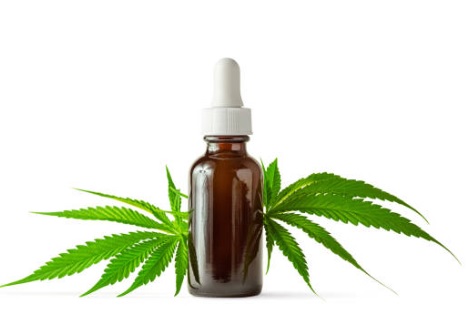New regulations pertaining to the trade of hemp-derived cannabinoids within Tennessee are poised to take effect subsequent to receiving final endorsement from state legislators on Tuesday.

State House Speaker Cameron Sexton dispatched Senate Bill 378 to the office of Republican Governor Bill Lee, as indicated by a legislative database. It is anticipated that Governor Lee will affix his signature, thus enshrining the measure as law. The key provisions of the bill encompass the following:
- Hemp-derived cannabinoid products must undergo meticulous laboratory analysis, conform to stipulated labeling requirements, and be packaged in a manner resistant to tampering by children.
- Retailers engaged in the sale of hemp-derived cannabinoids are required to obtain a license from the state agriculture department no later than January 1, 2024.
- The fee for a license issued to producers is established at $500, while retailers must remit $250. Producers were already subject to a preexisting licensing prerequisite.
- Sales of hemp-derived cannabinoid products will be subjected to a novel “privilege tax” of 5%, the utilization of which state law expressly mandates “exclusively for the regulation of products containing a hemp-derived cannabinoid.
- Violators found contravening the newly established regulations may face a fine of $1,000 or be charged with a misdemeanor offense.
- Prospective purchasers of products incorporating hemp-derived cannabinoids are required to attain a minimum age of 21 years.
The state of Tennessee has aligned itself with a nationwide initiative aimed at exerting control over a predominantly unregulated market.
Certain states that have already legalized the adult use of marijuana have gone so far as to completely prohibit the sale and distribution of hemp-derived cannabinoids, including delta-8 THC.
Conversely, states such as Tennessee, where marijuana remains illegal, have duly recognized the surging demand for such products subsequent to their federal legalization under the 2018 Farm Bill.
